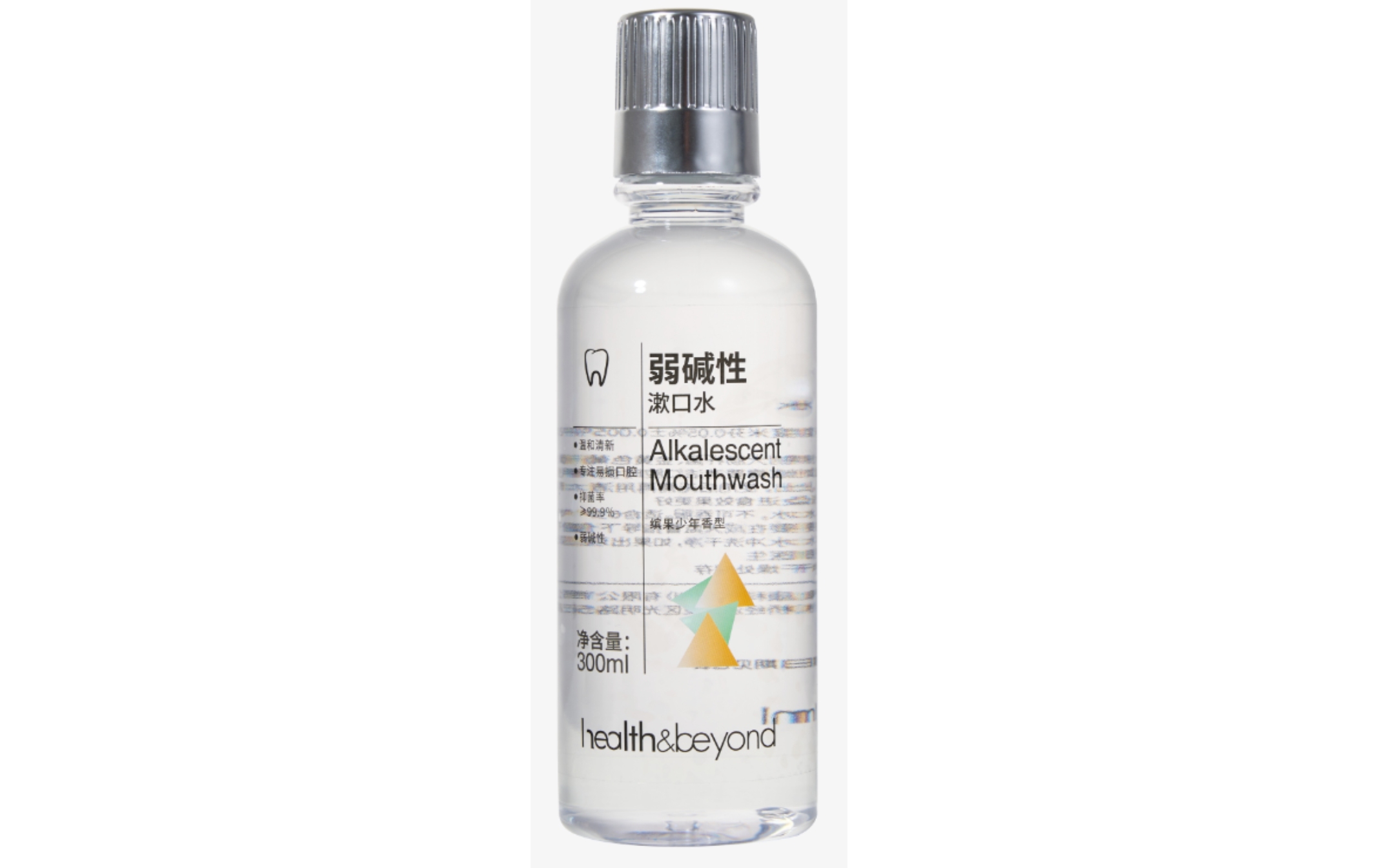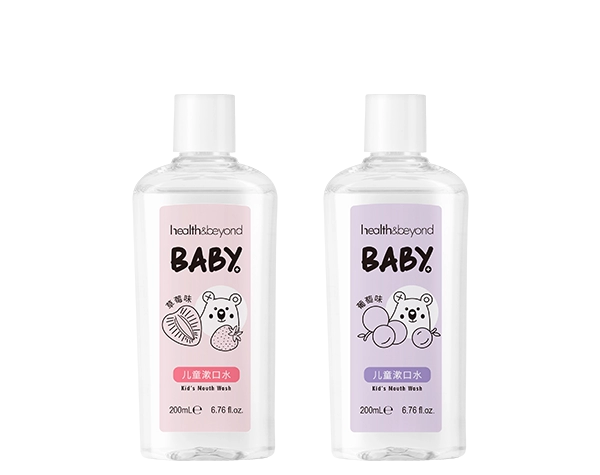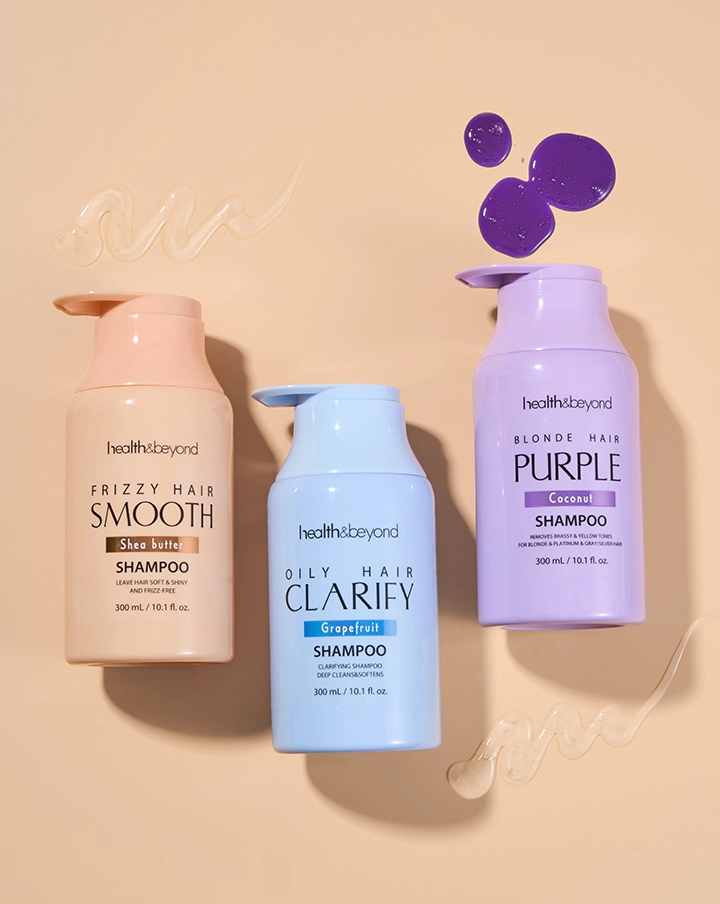Oral health is an important component of overall well-being. Tooth decay, one of the most common oral diseases, can cause significant problems. Scientific dental care requires more than just brushing and flossing. Anti-cavity mouthwashes are gaining increasing attention as a vital supplement to daily oral care. This article will provide a detailed explanation of how anti-cavity mouthwashes work, how to use them correctly, who should use them, and a purchasing guide. It will also offer effective oral health care tips.
1. How Anti-Cavity Mouthwashes Work
The core function of anti-cavity mouthwashes is to prevent tooth decay by reducing the risk of acid attack. Their main mechanisms include the following:
Inhibiting Oral Bacteria: The mouth is home to a large number of bacteria, and acid-producing bacteria are most likely to contribute to tooth decay. Anti-cavity mouthwashes often contain antibacterial ingredients (such as chlorhexidine and fluoride) that effectively inhibit plaque formation and reduce the erosion of tooth enamel by acid, thus achieving scientific tooth care.
Strengthening Teeth: Fluoride-containing anti-cavity mouthwashes can promote tooth remineralization, strengthen tooth enamel, make teeth more resistant to acid, and reduce the incidence of caries.
Cleaning Oral Residue: While brushing and flossing can remove most food debris, they still miss areas between teeth and on the tongue. Anti-cavity mouthwashes can penetrate these areas, reducing bacterial growth and improving oral health.
Maintaining Oral pH Balance: Some anti-cavity mouthwashes neutralize the oral acidity, preventing tooth decalcification and reducing the risk of cavities at the source.
2. Proper Use of Anti-cavity Mouthwash
Scientific dental care requires not only choosing the right product but also mastering proper usage. The following are some tips for using anti-cavity mouthwash:
Use after brushing: The ideal time to use the mouthwash is after brushing and flossing, allowing it to maximize its effectiveness in the cleansed mouth.
Control the amount and duration of the rinse: Adults should use approximately 10-15 ml of mouthwash each time, swishing for 30 seconds to 1 minute to allow the active ingredients to fully coat the tooth surface. Avoid eating and drinking: Avoid eating and drinking for 30 minutes after use to ensure the active ingredients maintain their long-lasting anti-caries effect.
Children's Use Precautions: Children under 6 should use children's anti-caries mouthwash under parental supervision to avoid swallowing and excessive fluoride intake.
Integrate with Daily Oral Care: Mouthwash should not replace brushing and flossing; it should be used as a supplement to daily oral hygiene to form a complete and scientific dental care system.
3. Suitable Groups for Anti-Caries Mouthwash
Different groups should consider different aspects when choosing an anti-caries mouthwash:
Children: Caries are more common during the developmental stage of children's teeth. Children's anti-caries mouthwashes have a lower fluoride content and a milder taste, making them suitable for long-term use.
Adolescents and Adults: Diverse diets and high sugar intake can lead to cavities. Mouthwashes with moderate fluoride content and strong anti-caries efficacy are most appropriate.
Elderly: Reduced saliva production makes them more susceptible to cavities and tooth sensitivity. Elderly people can choose a fluoride anti-caries mouthwash, while also focusing on anti-sensitivity effects. Orthodontic patients: People with braces may have difficulty brushing thoroughly. Mouthwash can help clean between teeth and reduce the risk of tooth decay.
4. Anti-Cavity Mouthwash Buying Guide
Among the numerous anti-cavity mouthwash products on the market, choosing wisely is crucial:
Pay attention to fluoride content: Fluoride is a key ingredient in preventing tooth decay. Fluoride content in adult mouthwashes is generally 0.05%-0.2%, while in children's products it is less than 0.05%. Excessive fluoride may cause dental fluorosis, while insufficient fluoride content can limit the effectiveness of preventing tooth decay.
Choose safe ingredients: Try to choose low-alcohol or alcohol-free products to reduce oral irritation and avoid dryness or discomfort.
Research the brand and reputation: Well-known brands are generally formulated with scientific formulas and are highly safe. You can also consult a dentist's recommendations to ensure product quality.
Choose based on personal needs: If you require breath freshening, anti-sensitivity, or whitening benefits, choose an anti-cavity mouthwash with additional features.
Follow the instructions: Different products have slightly different usage instructions. Only by strictly following the instructions can you achieve effective tooth protection.
5. Common Misconceptions About Anti-Cavity Mouthwash
When using mouthwash, avoid these common misconceptions:
Mouthwash cannot replace brushing: It is merely an auxiliary tool, not a substitute for brushing and flossing.
The higher the concentration of the mouthwash, the better: High concentration does not guarantee high efficacy, and excessive amounts of ingredients may irritate the mouth.
Using mouthwash alone can completely prevent cavities: Scientific dental care requires a combination of measures, including brushing, flossing, and regular dental checkups.
Children should not use adult mouthwash casually: Adult mouthwashes contain high fluoride content, and children may consume excessive fluoride.
6. The Case for Anti-Cavity Mouthwash in Scientific Dental Care
An oral health study showed that participants who brushed their teeth daily and used a fluoride-containing anti-cavity mouthwash for six months experienced a significant decrease in tooth decay. Compared to those who only brushed their teeth, those who used the anti-cavity mouthwash experienced an approximately 30% reduction in tooth decay, demonstrating the important role of anti-cavity mouthwash in scientific dental care and oral health. VII. Conclusion
Anti-cavity mouthwash plays an irreplaceable role in modern oral care. Proper use of mouthwash, combined with brushing, flossing, and a healthy diet, can effectively reduce the risk of tooth decay and protect oral health. Anti-cavity mouthwash is especially effective for children, those with orthodontic issues, and those consuming a high-sugar diet.
When choosing an anti-cavity mouthwash, pay attention to the fluoride content, ingredient safety, flavor suitability, and brand reputation to avoid misconceptions and truly implement scientific dental care. By adhering to scientific dental care over the long term, everyone can achieve healthy, beautiful teeth and fresh breath, thus achieving the goal of comprehensive oral health.
Health & Beyond specializes in the research and development and production of oral care products, offering a wide range of mouthwashes, including anti-cavity mouthwashes, children's mouthwashes, and breath freshening mouthwashes, catering to different populations and oral needs. With scientific formulas and strict quality control, Health & Beyond is committed to helping users achieve comprehensive oral health care, so that every time you rinse your mouth, it can prevent caries, fight bacteria and freshen breath. It is an ideal choice for daily scientific dental care.








 Previous news
Previous news






 WhatsApp
WhatsApp